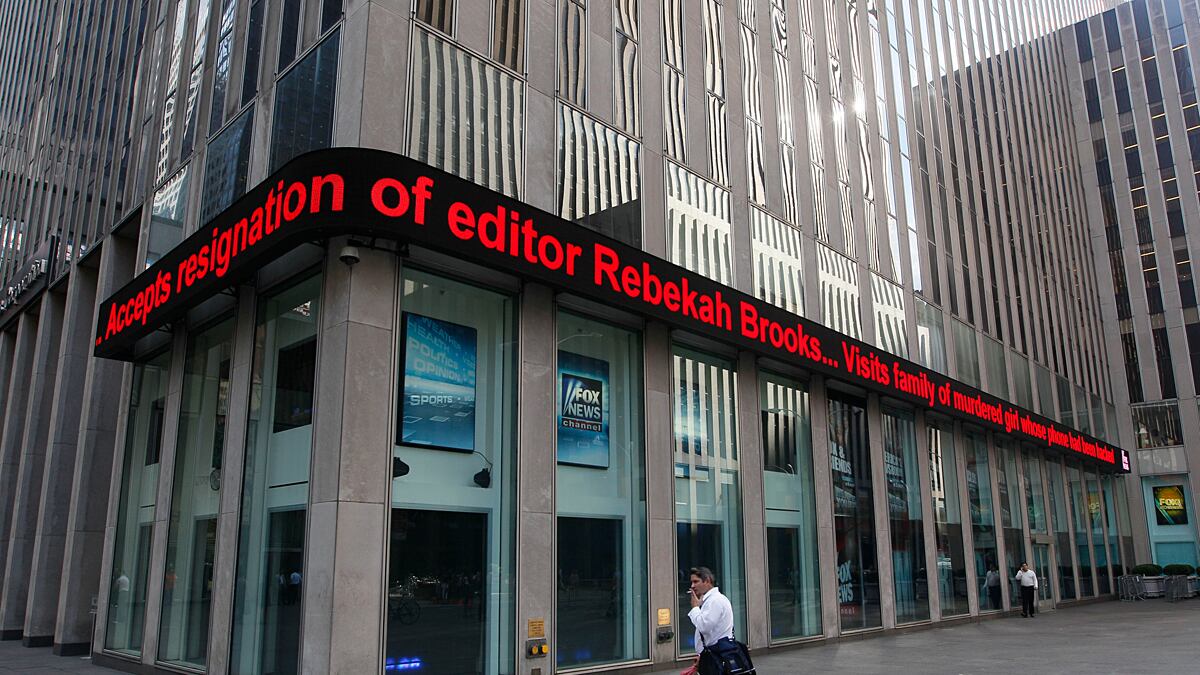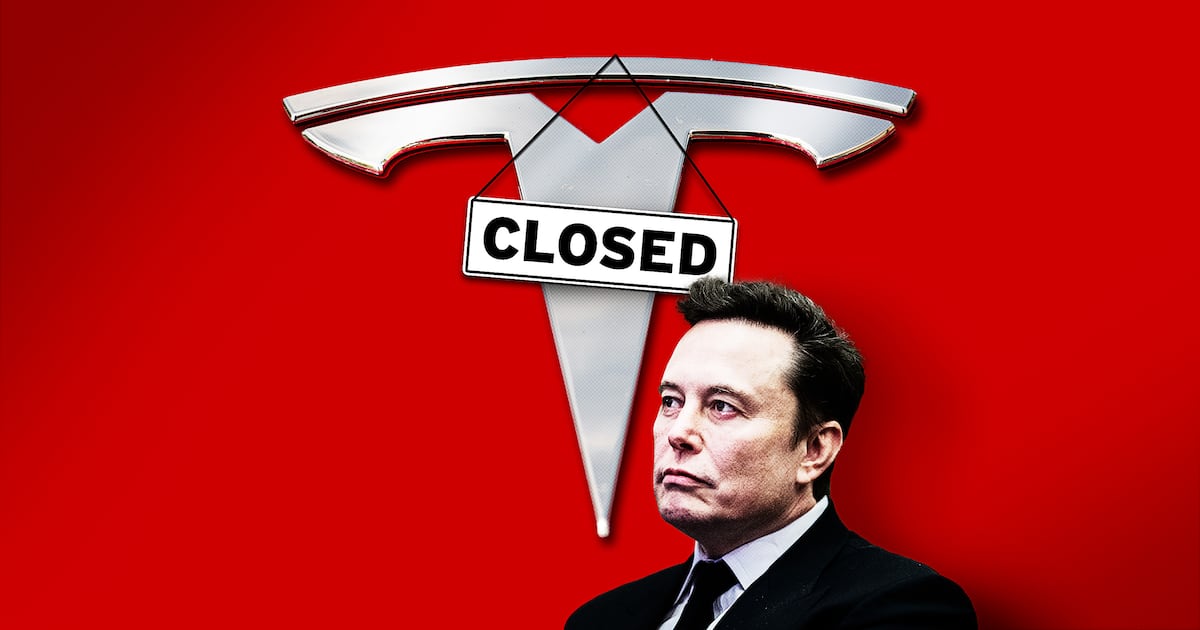We’ve seen many mentions these last few days of the Foreign Corrupt Practices Act, the U.S. law under which some suggest Rupert Murdoch could be prosecuted. But is it really plausible that Murdoch and/or his News Corp. could be prosecuted in the United States for alleged bribes paid to British police officers by British employees of its British sister company? Yes, it is. So says the act, and so say two legal experts I spoke with Tuesday who have extensive experience in working with the law.
The FCPA became law in 1977 at a time, says New York attorney Roland Riopelle of Sercarz & Riopelle, of “rampant corporate corruption overseas.” It was designed to create a domestic remedy for misbehavior by U.S. corporations abroad. A typical FCPA prosecution might involve something like going after an official of a U.S.-based company for paying a bribe to an official in a foreign country to win a government contract. There are both civil and criminal jurisdictions to such prosecutions. The Securities & Exchange Commission often has jurisdiction over such prosecutions, in conjunction with the Department of Justice. Almost all such prosecutions are brought by the DOJ itself—and not, say, a local U.S. Attorney’s Office like the mighty Southern District of New York—because the cases “are felt to have international financial implications,” Riopelle says.
Riopelle, a former federal prosecutor in the Southern District, says there is no doubt that bribes allegedly paid to British police officers would expose News Corp. to prosecution in America under the FCPA. He does think, however, that it would be somewhat abnormal. “Paying a police officer to get information about a pending investigation isn’t the typical FCPA prosecution,” he says. More typically, the United States brings a prosecution—for example, against an employee bribing a developing-world contracting official—because the host country lacks the will or resources to punish the official or the company.
But John Davis, a partner at the Washington firm of Miller & Chevalier who has spent the bulk of the past 15 years working on FCPA cases, says he wouldn’t lift an eyebrow if the SEC, for example, were to bring a civil prosecution (civil cases, remember, have a lower burden of proof). The SEC, he says, has every right under the statute to make a determination that what News International did in Britain constituted enough of a violation of U.S. standards and practices that the company deserves to be prosecuted civilly in the U.S. while defending itself against criminal charges in the U.K. “If you asked me today—and asked peers and colleagues of mine—if that would be a surprise, the answer is no,” Davis says.

So a prosecution, even without a finding of any wrongdoing on American soil, is both legal and plausible. Of course, both men say very few FCPA prosecutions really go to court. The vast majority are settled. Probably the most conspicuous FCPA case of recent years involved the German electronics company Siemens, which kept a slush fund totaling well over $1 billion to win overseas contracts. In that case, the host country, Germany, came down hard on Siemens with large fines, but the United States still made the company pay $800 million to the U.S. treasury. That was a settlement in which Siemens did not admit wrongdoing.
The SEC and the DOJ could jointly pursue something like that with the Murdochs. How much money the SEC would seek would be the key question, Davis says. He notes further that the government has other tools at its disposal—that in some cases, it has required an independent monitor to oversee the company. Imagine an Eric Holder-appointed supervisor looking over Roger Ailes’ shoulder?!
These possibilities bring us to the issue of the lawyer, and the firm, Murdoch has hired. Brendan Sullivan, and Williams & Connolly, do not have a reputation in the legal world, says Riopelle, for playing nice or settling. “It’s not a firm known for schmoozing the process,” he says. “You hire them because it’s going to be a pitched battle.”
Riopelle makes one other interesting point. When he was in the Southern District, his boss Otto Obermaier had a big case against Salomon Brothers and its then-boss, John Gutfreund. Obermaier chose to prosecute Gutfreund personally but not Salomon because Obermaier was concerned that naming one of America’s largest financial-services firms could have vast economic repercussions. But a news outfit, even a really large one? “It’s not as if that prosecution is going to roil the financial markets in the way a huge corporate prosecution would,” he says.
So there’s no global economic risk inherent in the government going after News Corp. And the law would certainly appear to support it. The only risk, of course, is political. Would Barack Obama and Holder would be willing to take the inevitable heat for an arguably unusual application of the law? I think we know enough about Obama at this point to conclude that this is something he’d never do, unless new information inflamed U.S. public opinion (if, say, we learned that the News of the World hacked Americans’ phones), and maybe not even then. But U.S. law is clear, and if any of Murdoch’s British properties did bribe UK police, they broke American law, too.





